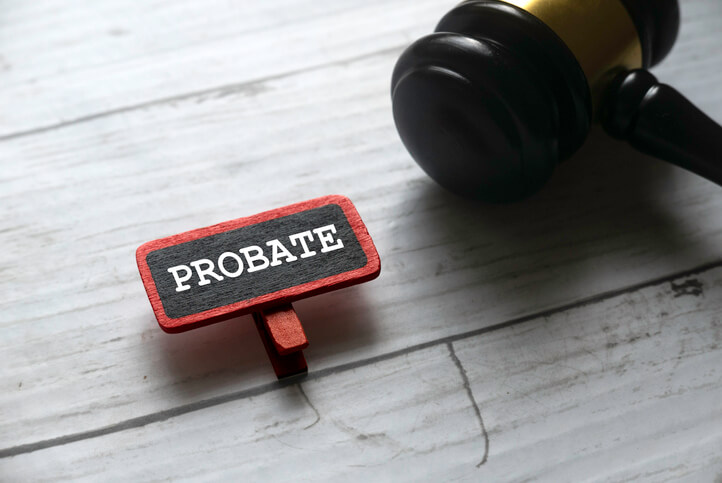In estate planning circles, the word “probate” often comes with a starkly negative connotation. Indeed, for many people — especially those with larger estates — financial planners recommend trying to keep property out of probate whenever possible. That being said, the probate system was ultimately established to protect the property of the deceased and his/her heirs, and in a few cases it may even work to an advantage. Let’s look briefly at the pros and cons of going through probate.
The Pros
For some estates, especially those in which no will was left, the system works to make sure all assets are distributed according to state law. Here are some potential advantages of probating an estate:
- It provides a trustworthy procedure for redistributing the property of the deceased if no will was left.
- It validates and enforces the intentions of the deceased if a will exists.
- It ensures taxes and claimed debts are paid on the estate, so there’s a finality to the deceased person’s affairs, rather than an uncertain, lingering feeling for the beneficiaries.
- If the deceased was in debt, probate gives only a brief window for creditors to file a claim, which can result in more debt forgiveness.
- Probate can be advantageous for distributing smaller estates in which estate planning was unaffordable.
The Cons
While probate is intended to work fairly to facilitate the transfer of property after someone dies, consider bypassing the process for these reasons:
- Probate is a matter of public record, which means personal family and financial information become public knowledge.
- There may be considerable costs, including court, attorney, and executor fees, all of which get deducted from the value of the estate.
- Probate can be time-consuming, holding up distribution of the assets for months, and sometimes, years.
- Probate can be complicated and stressful for your executor and your beneficiaries.
Bottom line: While probate is a default mechanism that ultimately works to enforce fair distribution of even small estates, it can create undue cost and delays. For that reason, many people prefer to use strategies to keep their property out of probate when they die.
A skilled estate planning attorney can develop a strategy to help you avoid probate and make life easier for the next generation. For more information about your options, contact us today to schedule a consultation.

